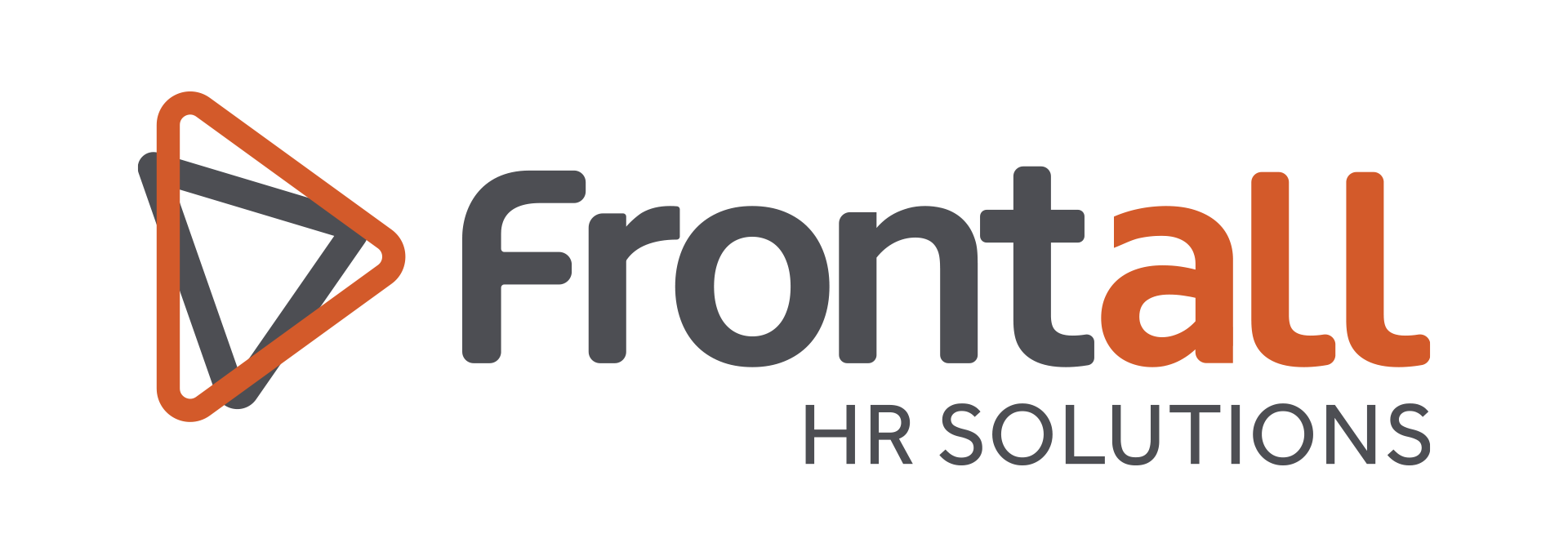Payroll taxes and types of employments
When hiring an employee, the recruitment and selection processes can be bureaucratic. Not just that, it will increase even more after the hiring, with payroll, taxes and file control. While working and hiring through Frontall, we will take care of the entire process, before and after, so you can focus in what matter the most: your business!
Taxes and fees charged by the employer
Employers have many requirements for retaining payroll and payroll taxes. These taxes are specified in the Federal Insurance Contributions Act (FICA), a federal law that requires an employer to withdraw taxes from all the employee wages. FICA comprises: 6.2% for Social Security; 1.45% Medicare (and, since 2013, an additional 0.9% for Medicare when the employee earns more than $ 200,000 yearly); and federal income tax and state income tax (where applicable), based on the information provided by employees on their Form W-4. the builder.”
Some options to hire a new employee:
- Permanent full-time workis the most traditional model of work, with around 25 to 40 hours worked weekly (full-time employees can be paid weekly, biweekly, monthly or according to the agreement with employer), which might include benefits.
- Permanent part-time workis when the employee is required to work 24 hours or less. Some benefits can also apply for part-time employees on a proportional basis.
- Temporarywork is when the working arrangement is limited to a certain term, based on the needs of the employing organization. Temporary workers who perform above expectation can be considered to fulfill permanent positions in the end of their temporary contract (also called temp-to-hire), if the position is available.
- Self-employedknown as independent contractors or subcontractors and in some states “1099”. These professionals work for themselves, control the hours and amount of work they do. Many salespeople, for example, are self-employed, subcontracted by companies like real estate agents. There are certain tax benefits for self-employed professionals to offset the risks of not finding a job. In many cases they are dependent on the availability of work in their specific field.
- Fixed-term employment(also known as an employment contract) is used for specific projects or to replace workers on leave. Benefits can or cannot apply to these professionals depending on the contract with the employer. Commission-based, this form of employment is paid based on achieving goals, such like in sales. The commission is usually a payment fee per item sold.
Regardless of the type of hiring that your company will perform, American law states that the employer must keep records of all taxes paid to employees for at least four years. Keeping good records also helps you monitor your company’s progress: such as financial statements, identifying sources of revenue, controlling deductible expenses, preparing tax returns, and supporting items reported in tax returns. In New Jersey specifically, it is required by law that the employer is the responsible entity to file the Workers Compensation – which can be expensive, depending on the field and industry, becoming a challenge for new businesses, startups, or even for well stablished companies to afford.
Frontall not only carries out the entire recruitment and selection process, but also performs all the necessary management to maintain the worker and the bureaucracy that comes along with it. Count on our experience and knowledge to hire direct and temporary workers for different areas and to optimize your results with comfort, safety and short time response in fulfilling all your staffing needs. After all, you have more important things to focus on: investing time on your business growth.




